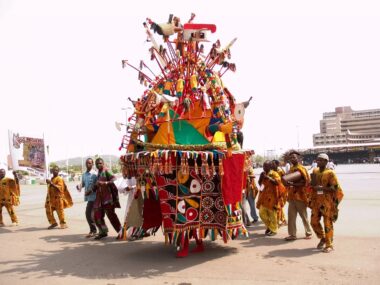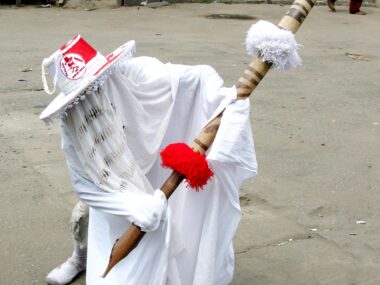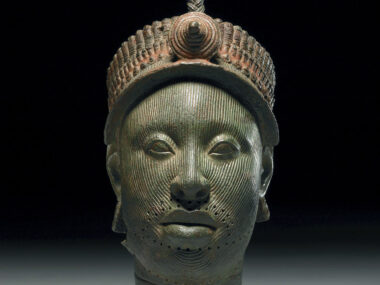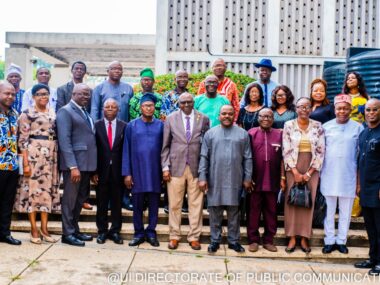Togo, nestled in West Africa, is a nation rich in cultural diversity, reflected vividly in its festivals and celebrations. These events are vibrant expressions of Togolese identity, blending traditional customs with religious beliefs, community spirit, and artistic expression. In this essay, we explore some of the major festivals and celebrations in Togo, delving into their significance and the roles they play in preserving cultural heritage and fostering social cohesion.
Festivals as Cultural Pillars
Festivals in Togo serve as cultural pillars, anchoring communities in their traditions and values while providing occasions for collective joy and reflection. Many of these festivals are deeply rooted in indigenous beliefs and practices, celebrating the rhythms of nature, ancestral spirits, and communal bonds. While the specific customs and rituals may vary across regions and ethnic groups, the overarching themes of unity, renewal, and gratitude resonate throughout Togolese festivals.
Ewe Festival of Agbogboza

One of the most prominent festivals among the Ewe people of southern Togo is the Agbogboza festival. This annual event, typically held in July or August, celebrates the harvest season and gives thanks to the gods for their blessings.
Central to the Agbogboza festival is the offering of sacrifices to the deities, accompanied by drumming, dancing, and feasting. The festival serves as a time of spiritual renewal and community solidarity, reinforcing the bonds between individuals and their ancestors.
Gnassingbé Festival of the Ancestors
In the central region of Togo, the Gnassingbé festival honours the ancestors and their enduring presence in the lives of the living. Held annually in the village of Badou, this festival is marked by elaborate rituals, including libations, prayers, and ceremonial dances.
Participants adorn themselves in traditional attire and carry offerings of food, drink, and symbolic objects to the sacred shrines dedicated to their ancestors. The Gnassingbé festival serves as a powerful reminder of the interconnectedness between past and present generations, emphasizing the importance of ancestral wisdom and guidance in navigating life’s challenges.
Fête des Martyrs
The Fête des Martyrs, or Martyrs’ Day, is a national holiday in Togo commemorating the sacrifices of those who fought for independence from colonial rule. Celebrated annually on January 13th, this solemn occasion pays tribute to the heroes and heroines who laid down their lives in the struggle for freedom and dignity.
The day is marked by official ceremonies, speeches, and cultural performances, as well as moments of reflection and remembrance. The Fête des Martyrs serves as a poignant reminder of Togo’s history of resistance and resilience, inspiring a sense of national pride and unity among its citizens.
Voodoo Festival of Togoville
Voodoo holds a significant place in the cultural fabric of Togo, with many communities practising a syncretic blend of indigenous beliefs and Catholicism. The Voodoo Festival of Togoville, held annually in January, is a vibrant celebration of this spiritual tradition, attracting devotees from across the country and beyond.
The festival features colourful processions, trance-inducing drumming, and elaborate rituals honouring the spirits of the pantheon. Participants seek blessings, healing, and guidance from the voodoo priests and priestesses, reinforcing their connection to the divine and the natural world. The Voodoo Festival of Togoville serves as a testament to the resilience and enduring relevance of indigenous beliefs in Togolese society.
Conclusion:
In conclusion, Togolese festivals and celebrations are vibrant expressions of cultural identity, spirituality, and community spirit. From the ancient rituals of the Agbogboza and Gnassingbé festivals to the modern commemorations of Martyrs’ Day and the Voodoo Festival of Togoville, these events reflect the diversity and dynamism of Togo’s cultural landscape.
As the nation continues to evolve and embrace the challenges of the future, its festivals serve as timeless reminders of the values, traditions, and aspirations that bind its people together in a shared celebration of life and heritage.










